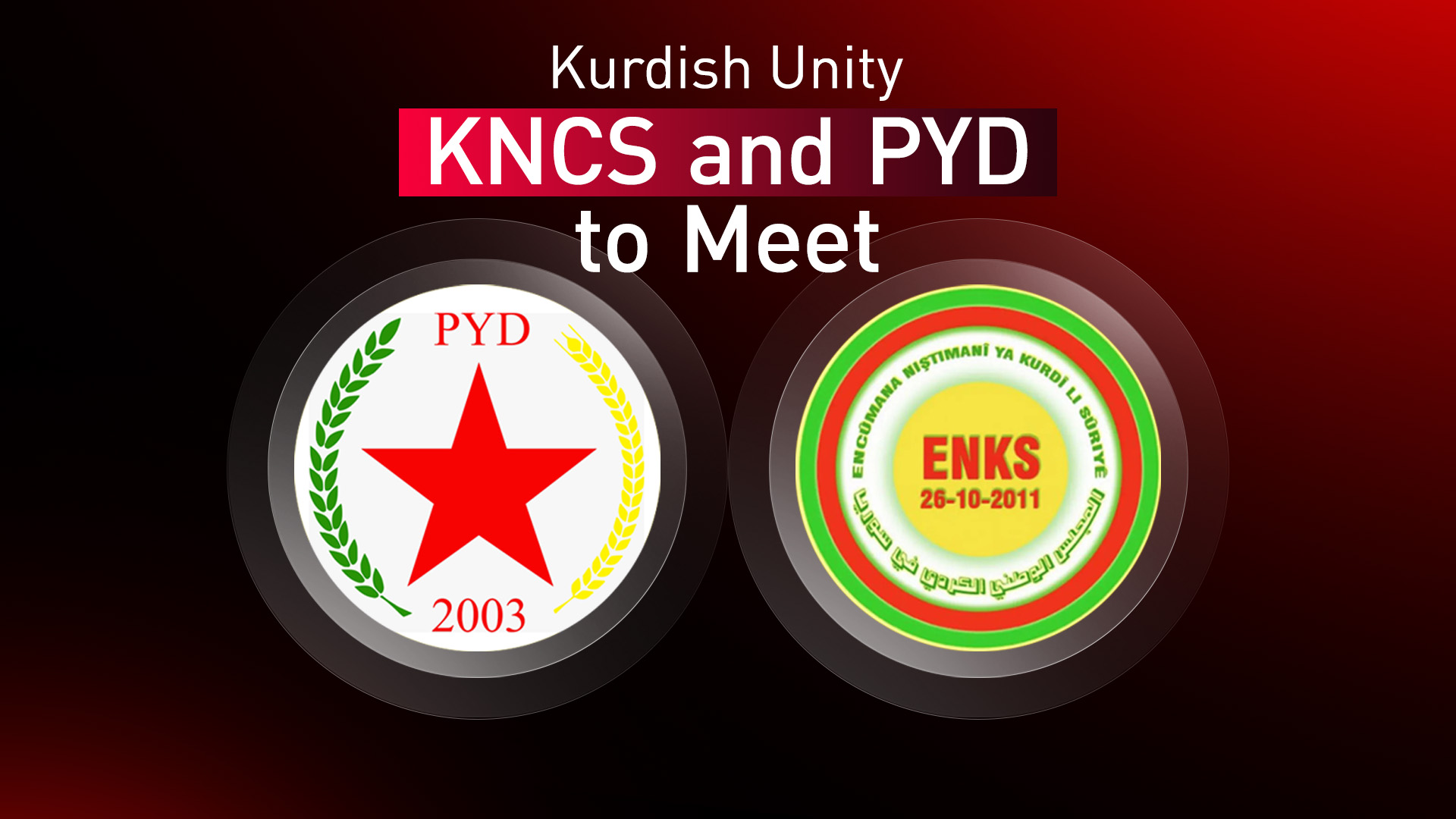Syrian Kurdish Leaders Call for Unity as Ahmed al-Sharaa Assumes Transitional Role
A scheduled meeting between the ENKS and the Democratic Union Party (PYD), under American mediation, is expected to finalize the next steps for Kurdish representation.

Jan. 31, 2025
Erbil (Kurdistan24) – As Syria sets out on a new transitional phase, Ahmed al-Sharaa has surfaced as the internationally backed leader prepared to lead the country through its post-Assad restructuring.
However, questions remain concerning the extent of political inclusivity in this transition, especially regarding the Kurdish political landscape.
A Leader Backed by the International Community
In an interview with Kurdistan24, head of the Syrian Kurdish National Council (KNCS or ENKS) representation in the Kurdistan Region Jadaan Ali acknowledged that while al-Sharaa’s appointment possesses broad international backing, Kurdish political actors were not consulted on the decision.
Despite this, he observed that the ENKS does not oppose his leadership of the transitional period, given that his legitimacy is derived from military factions that played a key role in overthrowing the Assad regime.
Ali pointed to al-Sharaa’s swift diplomatic engagements—such as his meeting with Qatar’s Emir last week and imminent visits to Saudi Arabia and possibly Turkey—as indicators of international recognition and support for his leadership.
Kurdish Involvement in the Transition
Despite the lack of direct consultation, Ali revealed that discussions with international actors, including the U.S., France, and Germany, have constantly highlighted Kurdish unity as a prerequisite for meaningful participation in shaping Syria’s future.
According to him, the international community is actively pushing for Kurdish rights to be recognized in the upcoming political framework.
“The current phase is positive,” Ali asserted. “The world is backing Kurdish unity and pressuring for guarantees on our rights.”
Kurdish Unity Talks and Future Plans
Kurdish factions in Syria, long divided on key political and security issues, are now closer than ever to reaching a consensus.
Ali confirmed that major ideological and strategic matters have been addressed, and preparations are underway for formal negotiations with Damascus.
A scheduled meeting between the ENKS and the Democratic Union Party (PYD), under American mediation, is expected to finalize the next steps for Kurdish representation.
The Duration and Challenges of the Transitional Period
On the timeline of the transitional phase, Ali warned against rushing the process, emphasizing the significance of a carefully planned transition to avoid potential setbacks.
While early discussions on forming a national conference took place shortly after Assad’s fall, he highlighted that a rushed approach could lead to political slipups that might endanger Syria’s future stability.
Regional Dynamics: Kurdish Relations with Key Powers
Ali provided an analysis of how regional and global powers view the Kurdish role in Syria.
He indicated that while currently weakened by the collapse of the Assad regime, “Iran is unlikely to exert significant influence on Syria’s political future.”
About the role of Turkey, Ali stated that, “ENKS maintains ties with Ankara, facilitated by the strong relationship between Turkey and the Kurdistan Regional Government (KRG).”
He also underlined that the Kurdish political developments in Turkey may also have a positive impact on Syrian Kurdish affairs.
United States and United Nations also are one of the key actors in the region. The head of the Syrian Kurdish National Council (ENKS) representation emphasized that Washington remains the most reliable ally, actively supporting Kurdish unity to ensure their participation in Syria’s reconstruction.
Ali also pointed to the role of Russia in post-Assad Syria, saying, “While not outright opposed to Kurdish aspirations, Moscow’s continued involvement in Syria suggests that it still wields substantial influence over the country’s political landscape.”
Ali emphasized that al-Sharaa’s appointment was only formalized after high-level Russian visits to Damascus, underlining the Kremlin’s persistent role in Syrian affairs.
Ali concluded that the current geopolitical landscape presents a historic opportunity for Kurds in Rojava to solidify their role in the country’s political transition.
However, he acknowledged that internal unity remains the most critical factor in ensuring Kurdish representation in Syria’s future governance.
As Syria moves forward with its transitional leadership, the extent to which Kurdish aspirations will be accommodated remains a crucial question—one that will largely depend on the success of ongoing unity talks and the willingness of international actors to uphold their commitments to Kurdish political inclusion.